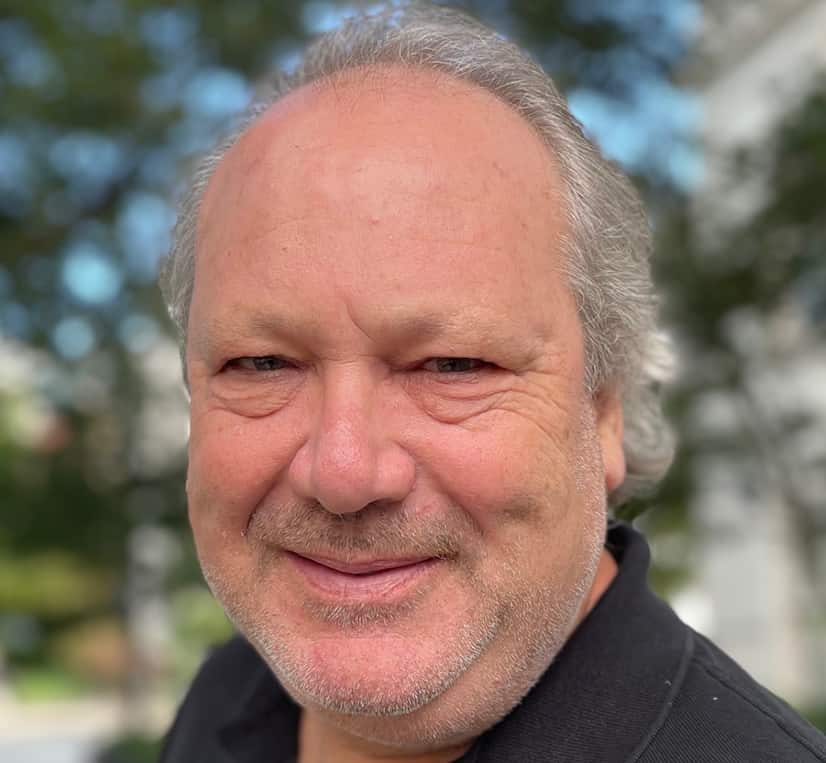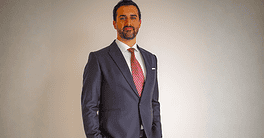Bennett Freeman, associate fellow of Chatham House and former SVP of Sustainability Research and Policy at Calvert Investments, speaks to Global Finance about environmental, social, and governance efforts worldwide.

Global Finance: From your perspective, have we made progress in ESG?
Bennett Freeman: We’ve made significant progress in the last 25 years. There have been some interesting milestones along the way, and in the last couple of years, we’ve found opportunities born out of tragedy and disruption. The pandemic put a harsh spotlight on inequality around the world and that has helped push the S dimension of ESG forward. The murder of George Floyd put a long overdue emphasis on racial injustice and that has given further impetus to what we now call DEIdiversity, equity and inclusion. We’ve also seen more worker voice in efforts to try to organize unions, especially in the US. in recent months. For all those reasons, there’s this huge emergence of mainstreaming of sustainable investment with this huge staggering number of assets under management—$35 trillion is the figure that’s tossed around, although I’m skeptical.
GF: How do financial actors interpret and apply ESG when measurement seems so tricky?
Freeman: It’s easier to quantify the E than the S—even though we have more and more data and criteria on the S side. On the E side, we have numbers and metrics, and we can see climate impacts tangibly for better or for worse. But we have a long way to go here. We have to be careful in not overstating the financial benefits of ESG. ESG can save investors money by spotting risks in advance. But also, there are many benefits of ESG research and analysis to spot opportunities. Again, a little less on the S side, more of course on the E side.
GF: Are ESG priorities the same globally?
Freeman: The movement is still heavily transatlantic North America, the UK, Europe. But it’s increasingly global. Mainstreaming from socially responsible investing (SRI) to ESG has taken place more widely and deeply in the UK and Europe than in North America. But when I look at the asset owners and managers that work on these issues, there’s movement among big asset managers in the US. ESG is a phenomenon that has become fully transatlantic and increasingly global.
GF: Has the bear market been a setback for the ESG?
Freeman: The recession is not helping, but I’m confident that ESG is going to survive and indeed, thrive.
Today, we’re seeing ESG come under attack in two places. There’s a lot of validity from the first, less from the second. We have had real problems in terms of quality, consistency, comparability of ESG data, particularly on the E side and to a lesser extent on the S and the G sides. There’s a serious set of problems here: complaints of greenwashing on the environmental side. These are not unexpected growing pains. This whole ESG phenomenon has expanded exponentially in the last half dozen years and with that, the data. It’s inevitable that there’s been an alphabet soup of confusing acronyms and data points in different criteria.
The good news, though, is that we’re now seeing a consolidation, a rationalization. The Sustainability Accounting Standards Board (SASB) has taken the lead, with others building on their work. The outcome is not going to be perfectly tidy and orderly, but over the next two to five years, there will be a rationalization and consolidation of ESG data and criteria and rankings. Some of the bad data will be exposed and discarded, and I think we’ll get to a stronger place again.
The other attack has been political and cultural, and it’s been largely in the US. However, I do think that this whole movement is going to withstand the political attacks, even as companies and especially CEOs are forced to take stands more than ever on social and even political issues.



